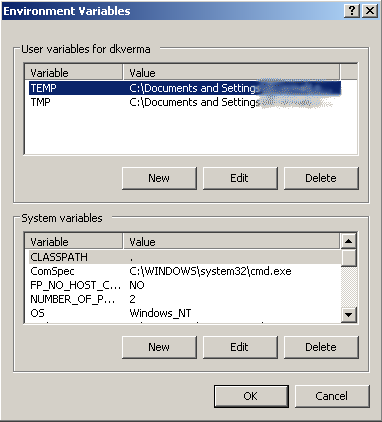Set Path For Java On Mac
Private Tunnel is one of the best free VPNs for Mac which comes with more than 50 VPN servers over 23 regions in 12 countries. Let’s take a look at the There are plenty of free VPNs in market however, not every one of them work well on your Mac. You have to be very careful with free VPNs as they. Free download Express VPN forMacOSX. Express VPN - Browse safely and securely with Express VPN for Mac. You may want to check out more software for Mac, such as b.VPN, Star VPN or Hideman VPN, which might be related to Express VPN. Find the best VPNs for Mac for FREE. Stay protected, unblock websites, and browse anonymously with a free VPN for your Mac. Is a Free VPN the Right Solution for You? There are countless free VPNs on the market, but not all of them work well with Mac computers – even if they offer special Mac apps. Download express vpn for free. Secure Mac VPN client for Mojave, High Sierra, Yosemite, Mavericks, and all previous macOS. Unblock the internet in one click. Risk-free VPN for Mac. Love ExpressVPN—or get your money back.
I have read several answers on how to set environmental variables on OSX as permanently. First, I tried this, but I had an error message saying no such file and directory, so I thought I could try ~/.bash_profile instead of ~/.profile but it did not work. Second, I found this solution, which advices to make changes in ~/.MacOSX/environment.plist but again I had no such file and directory error.
My question is like the title says, how to set JAVA_HOME and PATH on Mavericks. – akcasoy Oct 25 '13 at 13:50 @patrix: Next time, i will explain you my problem or what i want to ask, and you will write MY QUESTION WITH YOUR WORDS. Mar 21, 2016 - If you are planing to develop Java Apps on your Mac, you may have to set $JAVA_HOME environment variable.
I need a way to set these variables such that it won't require to set them again and again each time I open a new terminal session. I've found that there are some files that may affect the $PATH variable in macOS (works for me, 10.11 El Capitan), listed below: • As the top voted answer said, vi /etc/paths, which is recommended from my point of view. • Also don't forget the /etc/paths.d directory, which contains files may affect the $PATH variable, set the git and mono-command path in my case. You can ls -l /etc/paths.d to list items and rm /etc/paths.d/path_you_dislike to remove items. • If you're using a 'bash' environment (the default Terminal.app, for example), you should check out ~/.bash_profile or ~/.bashrc.
There may be not that file yet, but these two files have effects on the $PATH. • If you're using a 'zsh' environment (, for example), you should check out ~./zshrc instead of ~/.bash* thing. And don't forget to restart all the terminal windows, then echo $PATH. The $PATH string will be PATH_SET_IN_3&4:PATH_SET_IN_1:PATH_SET_IN_2. Noticed that the first two ways ( /etc/paths and /etc/path.d) is in / directory which will affect all the accounts in your computer while the last two ways ( ~/.bash* or ~/.zsh*) is in ~/ directory (aka, /Users/yourusername/) which will only affect your account settings.
In Mac OS X, you can set the environment variables in one of the following files: • ~/.bashrc • ~/.bash_profile • ~/.profile By default, Mac OS X does not has above files, you need to create it manually. $PATH example This example shows you how to set “ mongodb/bin” folder to the existing $PATH environment variable. $ echo $PATH /usr/bin:/bin:/usr/sbin:/sbin:/usr/local/bin $ mongo -version -bash: mongo: command not found $cd ~ $pwd /Users/mkyong $touch.bash_profile $vim.bash_profile export MONGO_PATH=~/mongodb export PATH=$PATH:$MONGO_PATH/bin ##restart your terminal $ mongo -version MongoDB shell version: 2.0.7 $ echo $PATH /usr/bin:/bin:/usr/sbin:/sbin:/usr/local/bin:/Users/mkyong/mongodb/bin Done.
